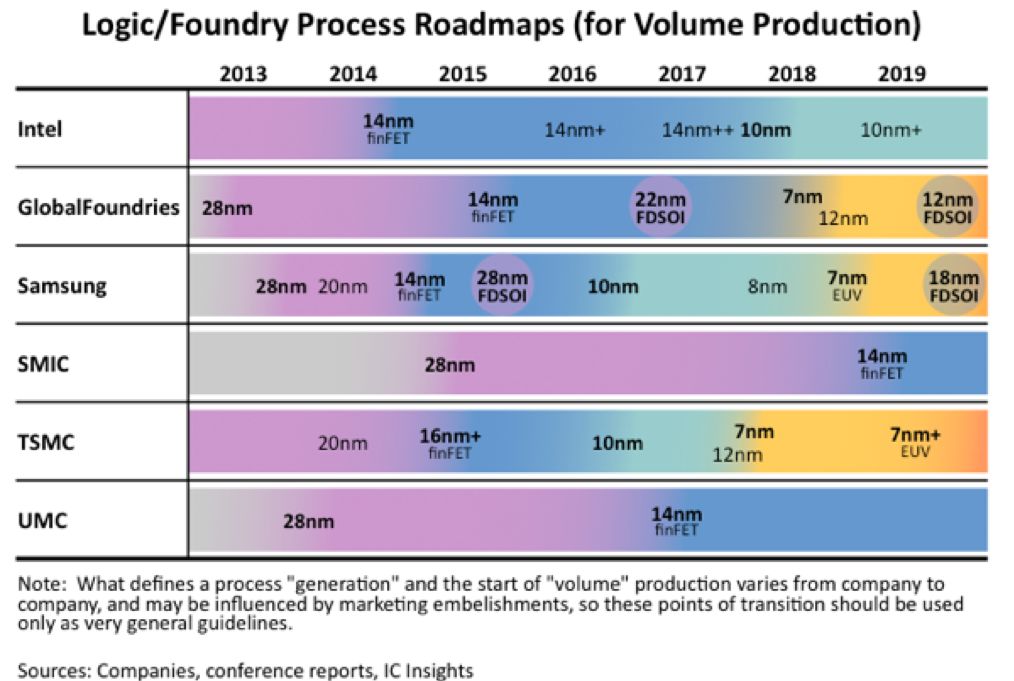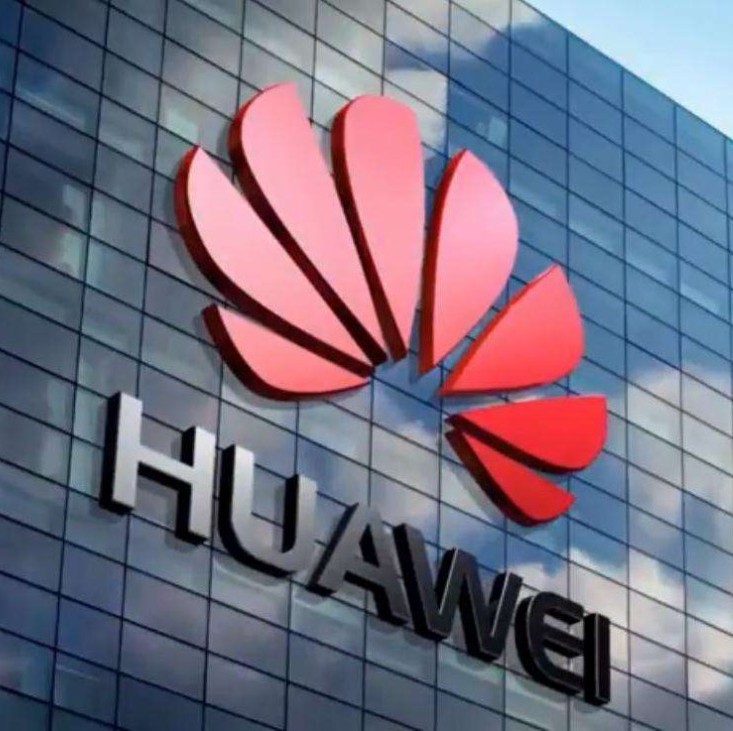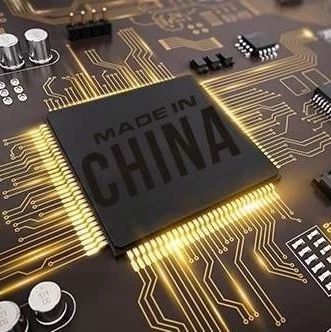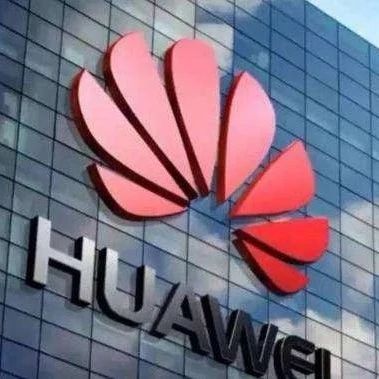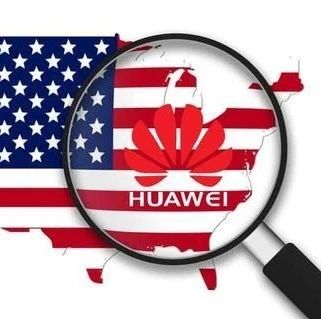升级芯片限制,美国把华为逼上了绝路?
来源:内容来自 半导体行业观察综合 。

非美国芯片供应商将不能供货华为?
The Bureau of Industry and Security (BIS) in the Department of Commerce (Commerce) today further restricted access by Huawei Technologies (Huawei) and its non-U.S. affiliates on the Entity List to items produced domestically and abroad from U.S. technology and software. In addition, BIS added another 38 Huawei affiliates to the Entity List, which imposes a license requirement for all items subject to the Export Administration Regulations (EAR) and modified four existing Huawei Entity List entries. BIS also imposed license requirements on any transaction involving items subject to Commerce export control jurisdiction where a party on the Entity List is involved, such as when Huawei (or other Entity List entities) acts as a purchaser, intermediate, or end user. These actions, effective immediately, prevent Huawei’s attempts to circumvent U.S. export controls to obtain electronic components developed or produced using U.S. technology.
In May 2020, BIS amended the longstanding foreign-produced direct product (FDP) rule to target Huawei’s acquisition of semiconductors that are the direct product of certain U.S. software and technology. Today’s amendment further refines the FDP rule by applying the control to transactions: 1) where U.S. software or technology is the basis for a foreign-produced item that will be incorporated into, or will be used in the “production” or “development” of any “part,” “component,” or “equipment” produced, purchased, or ordered by any Huawei entity on the Entity List; or 2) when any Huawei entity on the Entity List is a party to such a transaction, such as a “purchaser,” “intermediate consignee,” “ultimate consignee,” or “end-user.”
This amendment further restricts Huawei from obtaining foreign made chips developed or produced from U.S. software or technology to the same degree as comparable U.S. chips.
“Huawei and its foreign affiliates have extended their efforts to obtain advanced semiconductors developed or produced from U.S. software and technology。” said Commerce Secretary Wilbur Ross. “As we have restricted its access to U.S. technology, Huawei and its affiliates have worked through third parties to harness U.S. technology in a manner that undermines U.S. national security and foreign policy interests. This multi-pronged action demonstrates our continuing commitment to impede Huawei’s ability to do so.”
The following 38 new Huawei affiliates across 21 countries were added to the Entity List because they present a significant risk of acting on Huawei’s behalf contrary to the national security or foreign policy interests of the United States. There is reasonable cause to believe that Huawei otherwise would seek to use them to evade the restrictions imposed by the Entity List.
Huawei Cloud Computing Technology; Huawei Cloud Beijing; Huawei Cloud Dalian; Huawei Cloud Guangzhou; Huawei Cloud Guiyang; Huawei Cloud Hong Kong; Huawei Cloud Shanghai; Huawei Cloud Shenzhen; Huawei OpenLab Suzhou; Wulanchabu Huawei Cloud Computing Technology; Huawei Cloud Argentina; Huawei Cloud Brazil; Huawei Cloud Chile; Huawei OpenLab Cairo; Huawei Cloud France; Huawei OpenLab Paris; Huawei Cloud Berlin; Huawei OpenLab Munich; Huawei Technologies Dusseldorf GmbH; Huawei OpenLab Delhi; Toga Networks; Huawei Cloud Mexico; Huawei OpenLab Mexico City; Huawei Technologies Morocco; Huawei Cloud Netherlands; Huawei Cloud Peru; Huawei Cloud Russia; Huawei OpenLab Moscow; Huawei Cloud Singapore; Huawei OpenLab Singapore; Huawei Cloud South Africa; Huawei OpenLab Johannesburg; Huawei Cloud Switzerland; Huawei Cloud Thailand; Huawei OpenLab Bangkok; Huawei OpenLab Istanbul; Huawei OpenLab Dubai; and Huawei Technologies R&D UK
The Temporary General License (TGL) has now expired. This rule further protects U.S. national security and foreign policy interests by making a limited permanent authorization for the Huawei entities on the Entity List. This limited authorization is for the sole purpose of providing ongoing security research critical to maintaining the integrity and reliability of existing and currently “fully operational networks” and equipment.
In a concurrent rule, BIS revised the Entity List to require a license when a party on the Entity List acts as a purchaser, intermediate consignee, ultimate consignee, or end user to an EAR transaction. This aligns with the additional restrictions imposed in the revisions to the FDP, when any of the Huawei entities on the Entity List are a party to the transaction, such as by acting as purchaser, intermediate consignee, ultimate consignee, or end user.
*免责声明:本文由作者原创。文章内容系作者个人观点,半导体行业观察转载仅为了传达一种不同的观点,不代表半导体行业观察对该观点赞同或支持,如果有任何异议,欢迎联系半导体行业观察。
今天是《半导体行业观察》为您分享的第2405期内容,欢迎关注。
推荐阅读
半导体行业观察

『 半导体第一垂直媒体 』
实时 专业 原创 深度
识别二维码 ,回复下方关键词,阅读更多
模拟芯片|蓝牙 | 5G|GaN|台积电|英特尔|封装|晶圆
回复
投稿
,看《如何成为“半导体行业观察”的一员 》
回复 搜索 ,还能轻松找到其他你感兴趣的文章!
-

- 半导体行业观察
-

- 摩尔芯闻
最新新闻
热门文章 本日 七天 本月
- 1 共筑国产汽车芯片未来,中国汽车芯片联盟全体大会即将开启
- 2 国产EDA突破,关键一步
- 3 汽车大芯片,走向Chiplet:芯原扮演重要角色
- 4 英特尔至强6强势驱动,火山引擎g4il服务器性能飙升

